The Coalition of 12 CSOs[1], led by the Civil Society Foundation (formerly the Open Society Georgia Foundation), has prepared the first midterm report – “EU Accession Check 1.0”, which assesses what the Georgian Government has done from November of 2023 to date in terms of implementing the nine steps to achieve the opening of negotiations on accession to the EU.
The presentation of the EU Accession Check 1.0 Report was opened by Mr. Pawel Herczynski, the Ambassador of the European Union to Georgia. Among the participants of the presentation were representatives of CSOs, political groups, diplomatic corps, and other stakeholders.
By the assessment of the CSO representatives, over the past five months, there were no substantial actions taken by the Government of Georgia to implement the nine steps: seven of them are still to be implemented; minor progress has been observed related to the second step (improving Georgia’s alignment with the common foreign and security policy of the EU) and the seventh step (fighting against organized crime and corruption). Unfortunately, the government demonstrates no political will to fulfill the nine steps, which is once again corroborated by the attempt to pass the “Russian Law” that impedes Georgia on its path to the European Union.
The nine steps determined by the European Commission for Georgia are multidimensional and therefore their implementation requires comprehensive approaches. CSOs will continue monitoring this process, evolve recommendations, present assessment results to all the stakeholders, and make efforts to support both government accountability, transparency of reforms, and boosting of inclusiveness. At the same time, the Coalition expresses its readiness to cooperate with state authorities in working formats to bolster systemic and fundamental reforms in the country.
The CSOs will be focused on thematic areas defined in the nine steps as follows:
[1]Civil Society Foundation; Georgia’s Reforms Associates (GRASS); Georgian Foundation for Strategic and International Studies (Rondeli Foundation) (GFSIS); Georgian Young Lawyers’ Association (GYLA); International Society for Fair Elections and Democracy (ISFED); Georgian Court Watch; Social Justice Center (SJC); Institute for Development of Freedom of Information (IDFI); Governance Monitoring Center (GMC); Democracy Research Institute (DRI); Georgian Democracy Initiative (GDI); Union “Sapari”
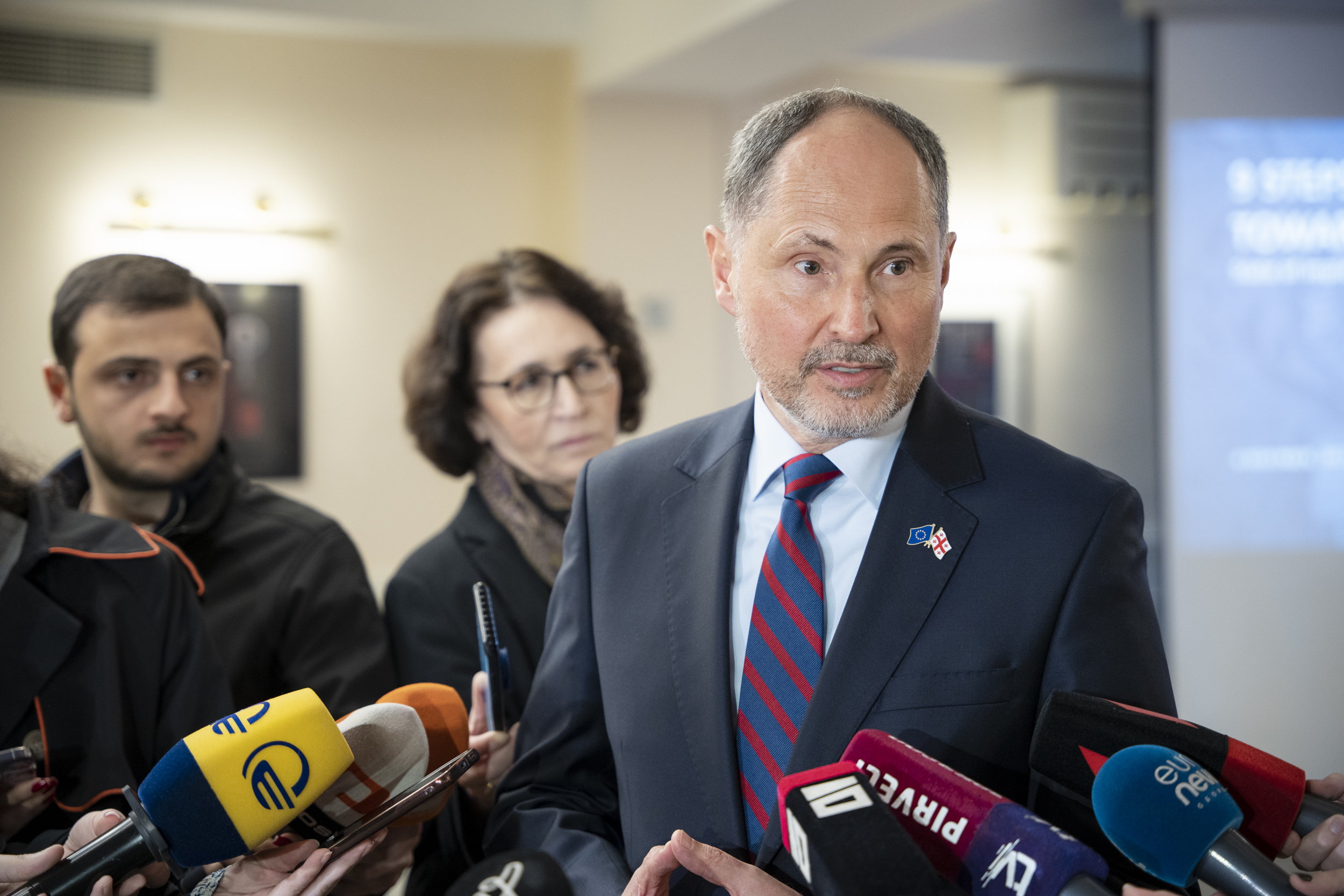
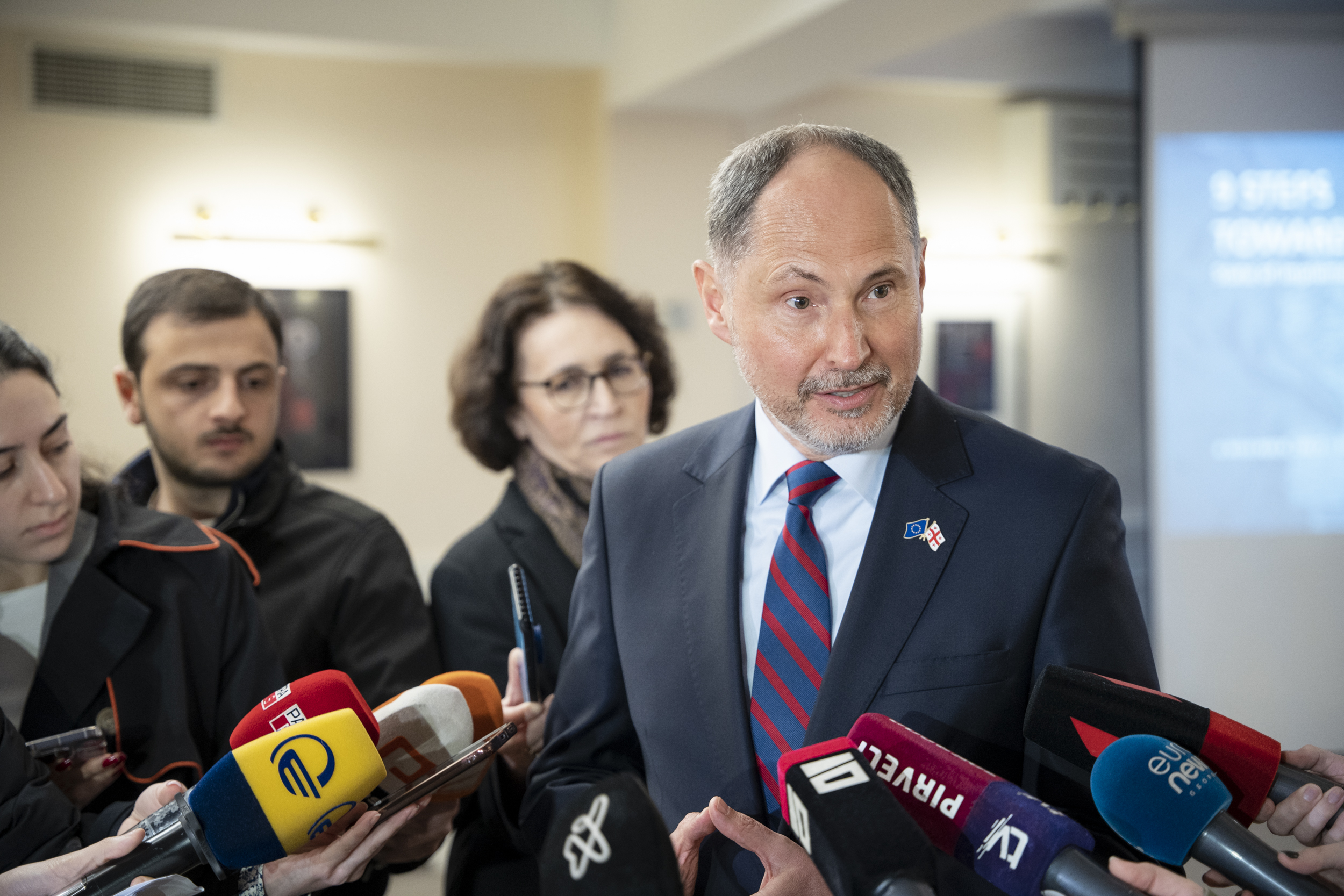
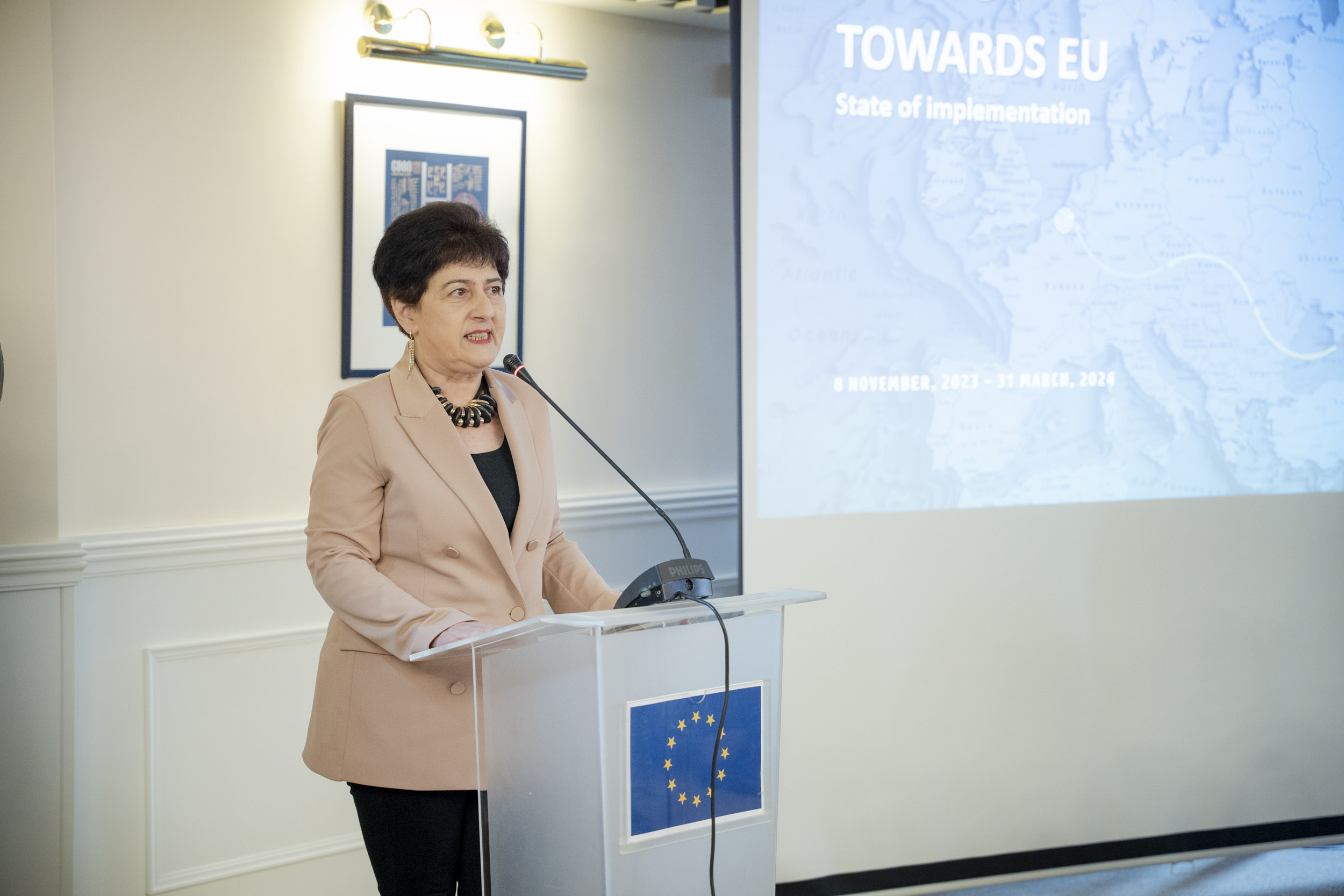
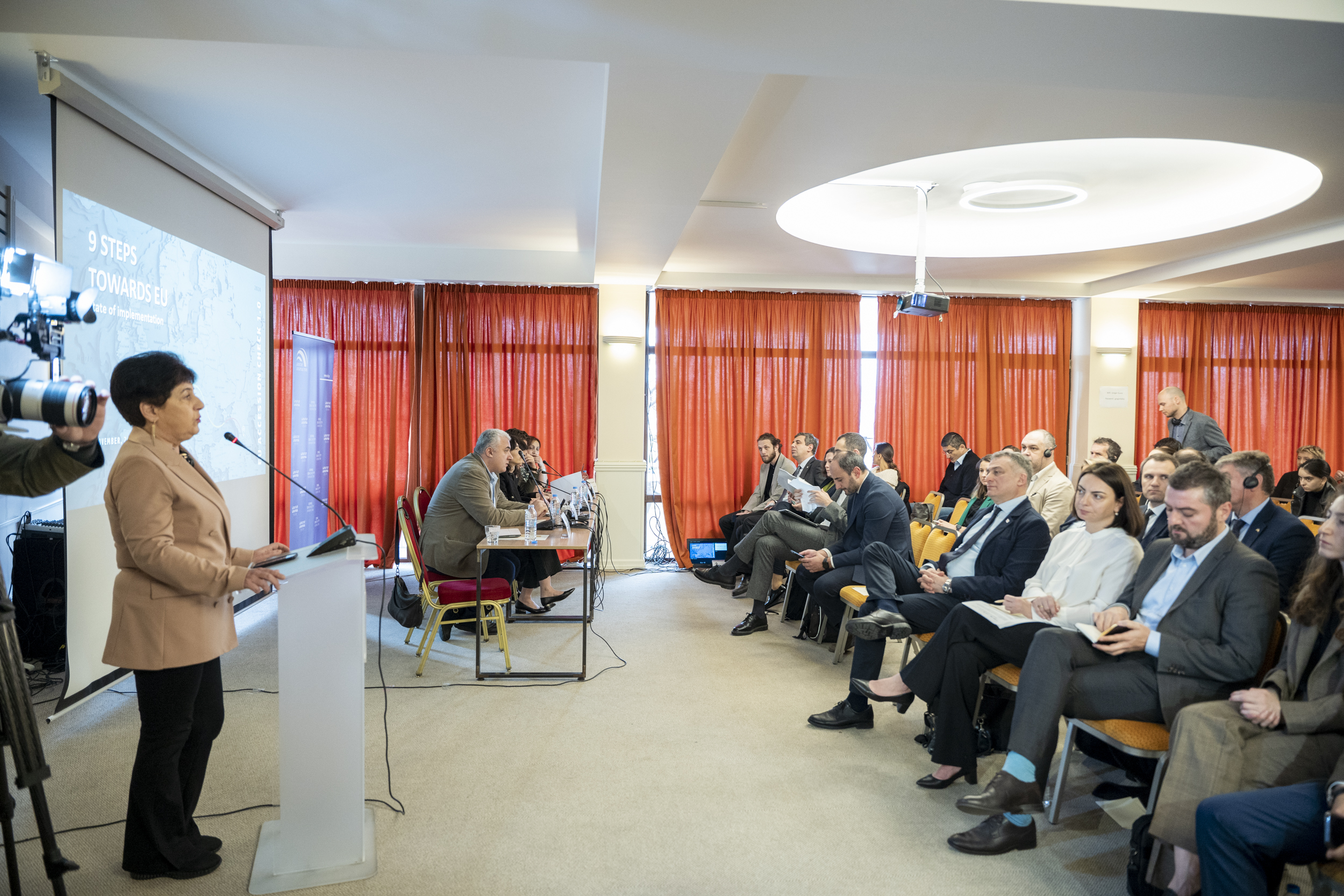
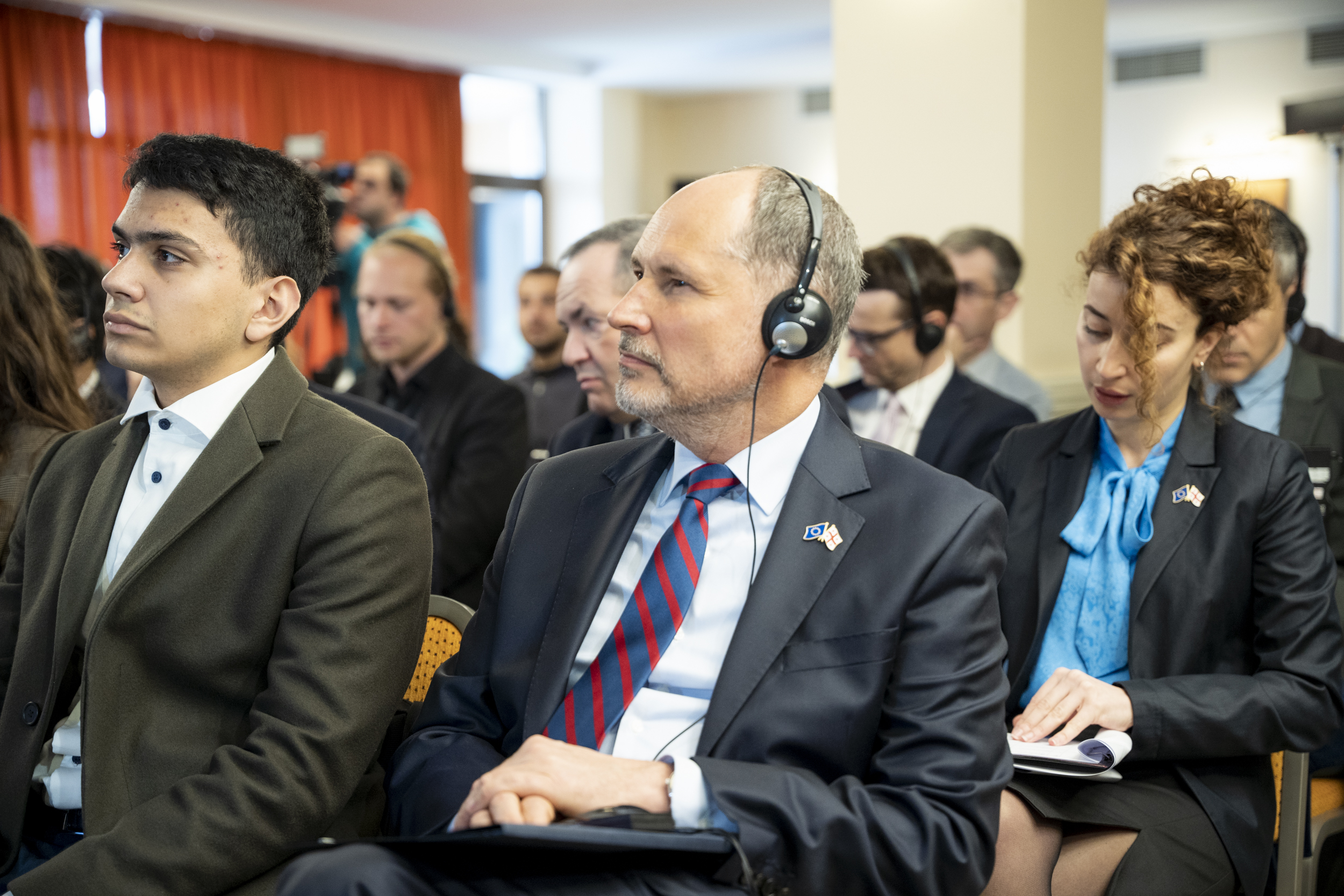
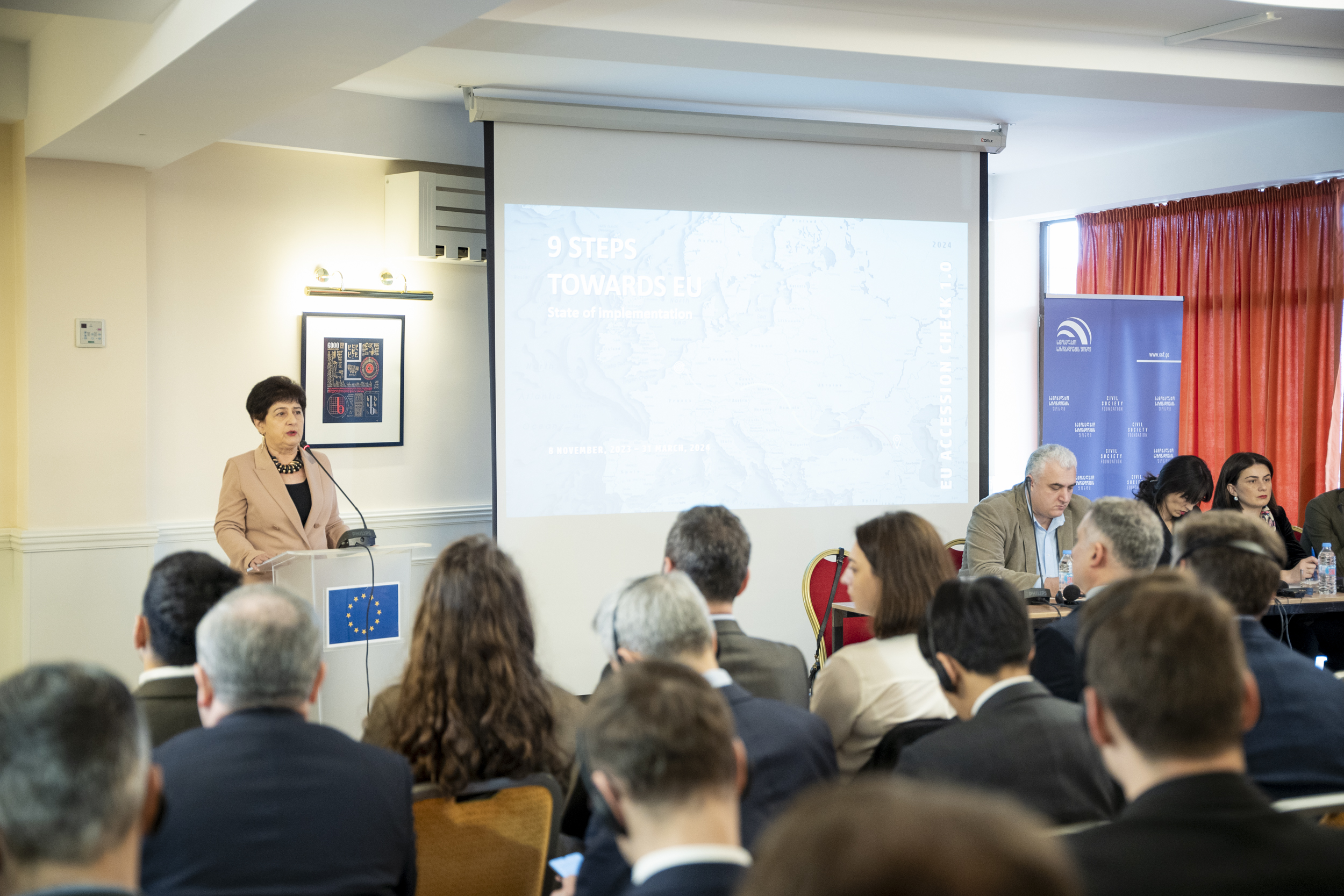
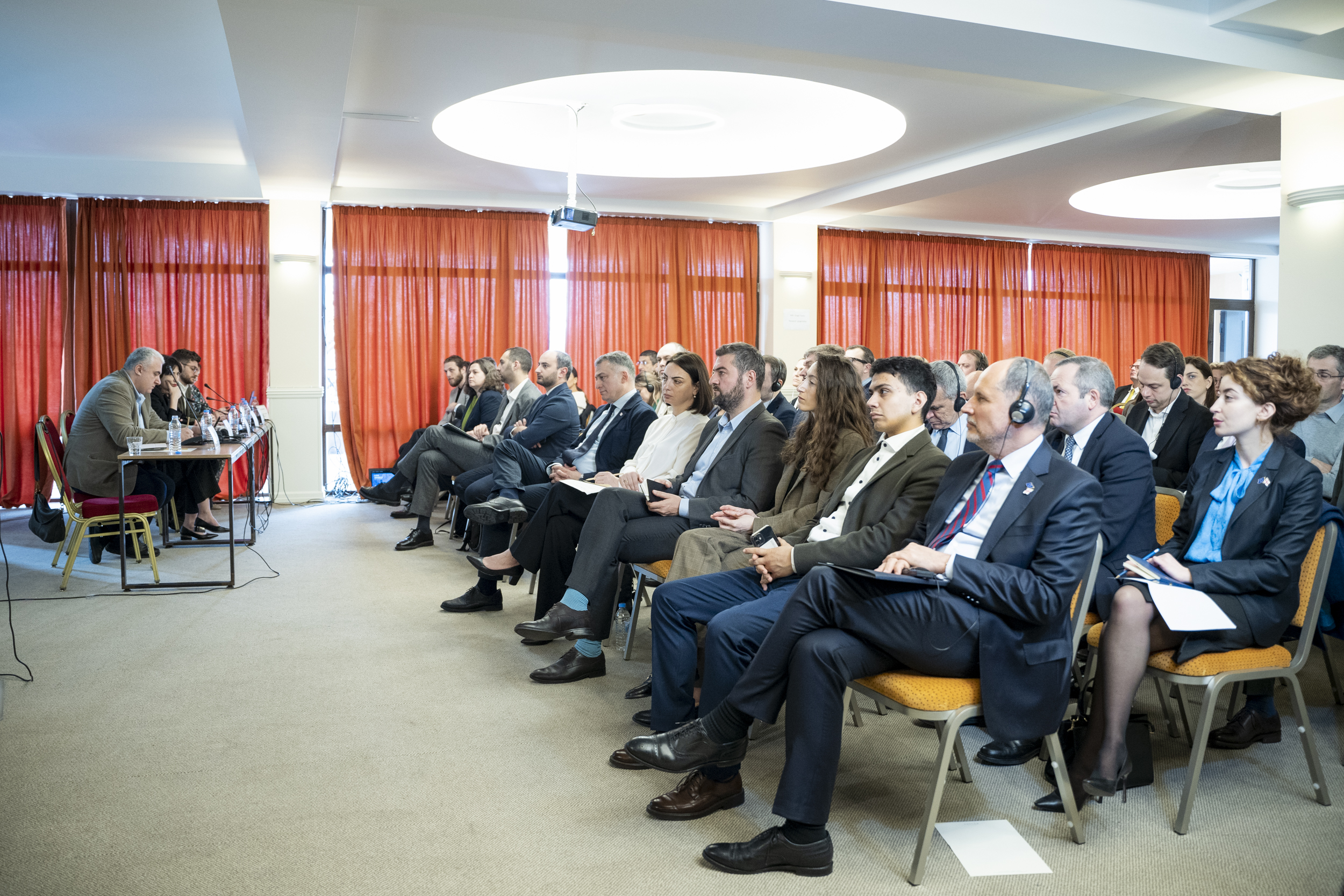
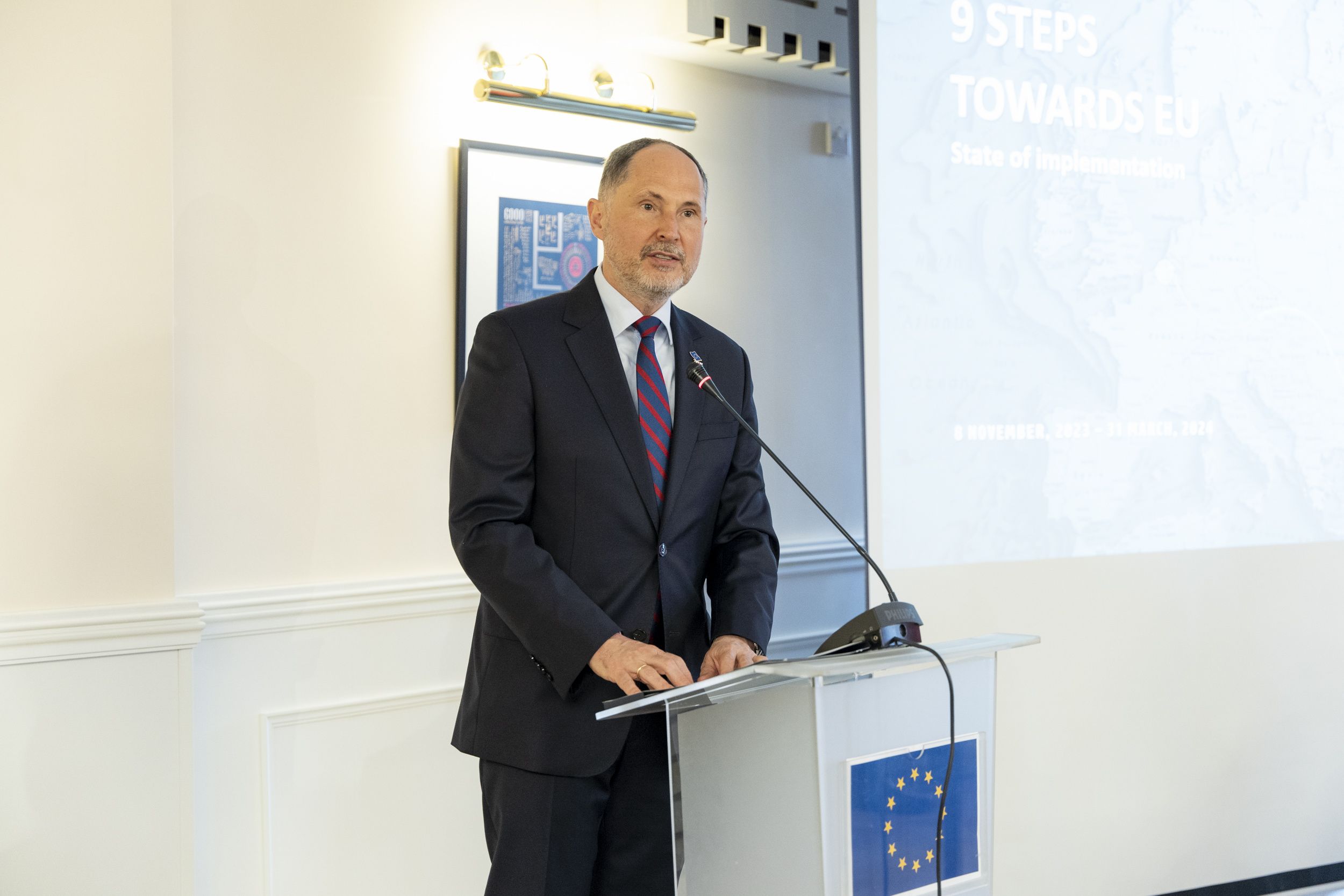
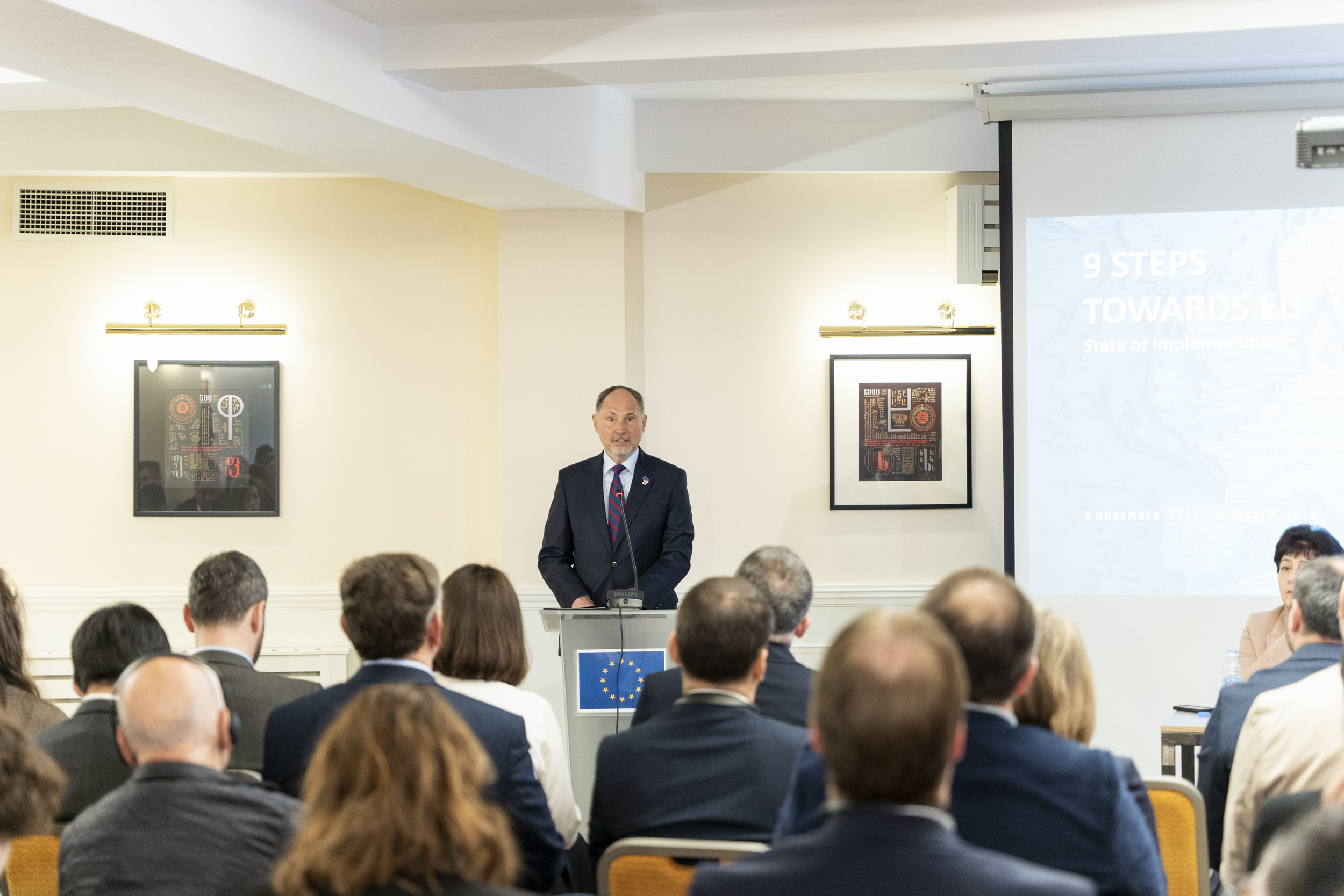
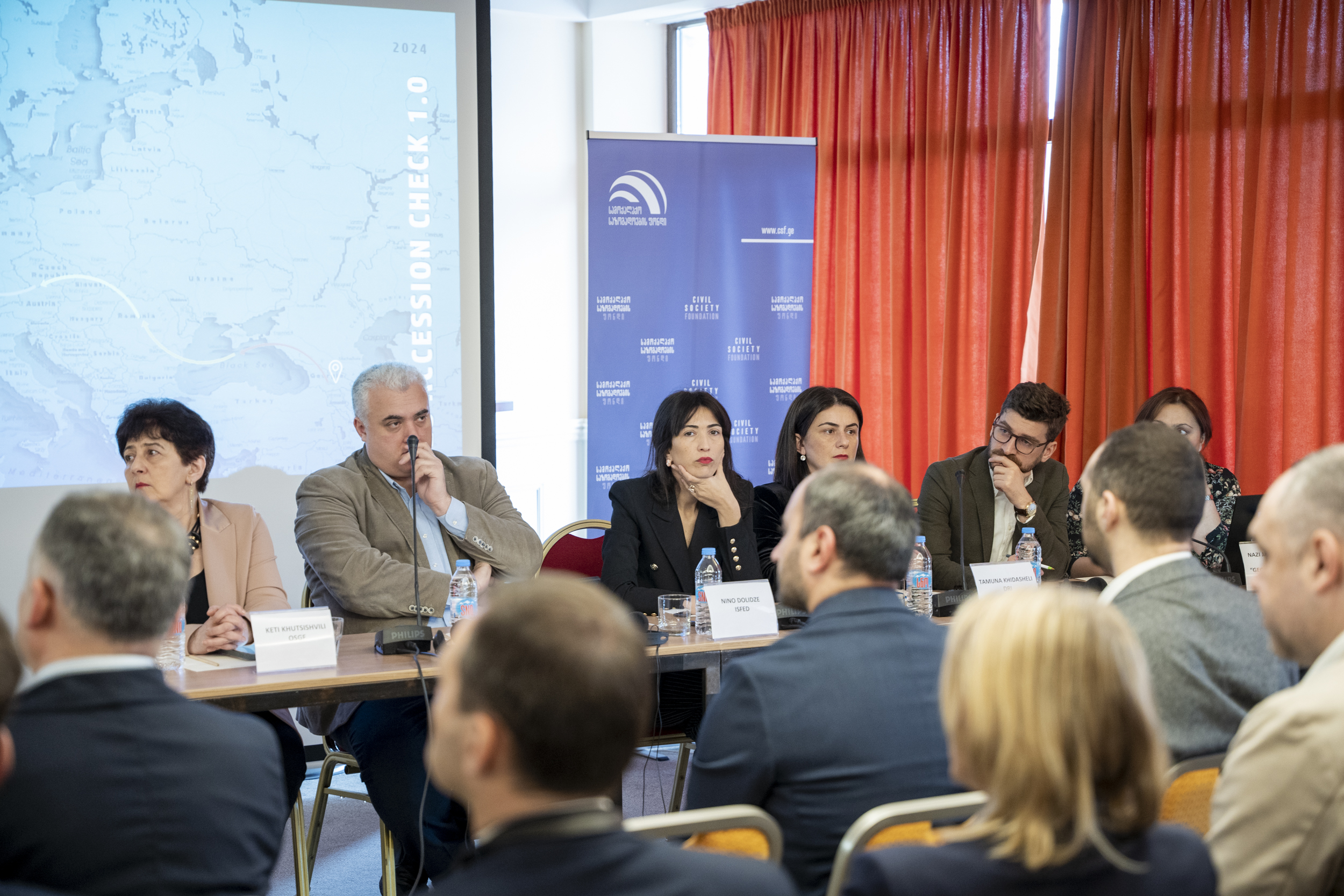
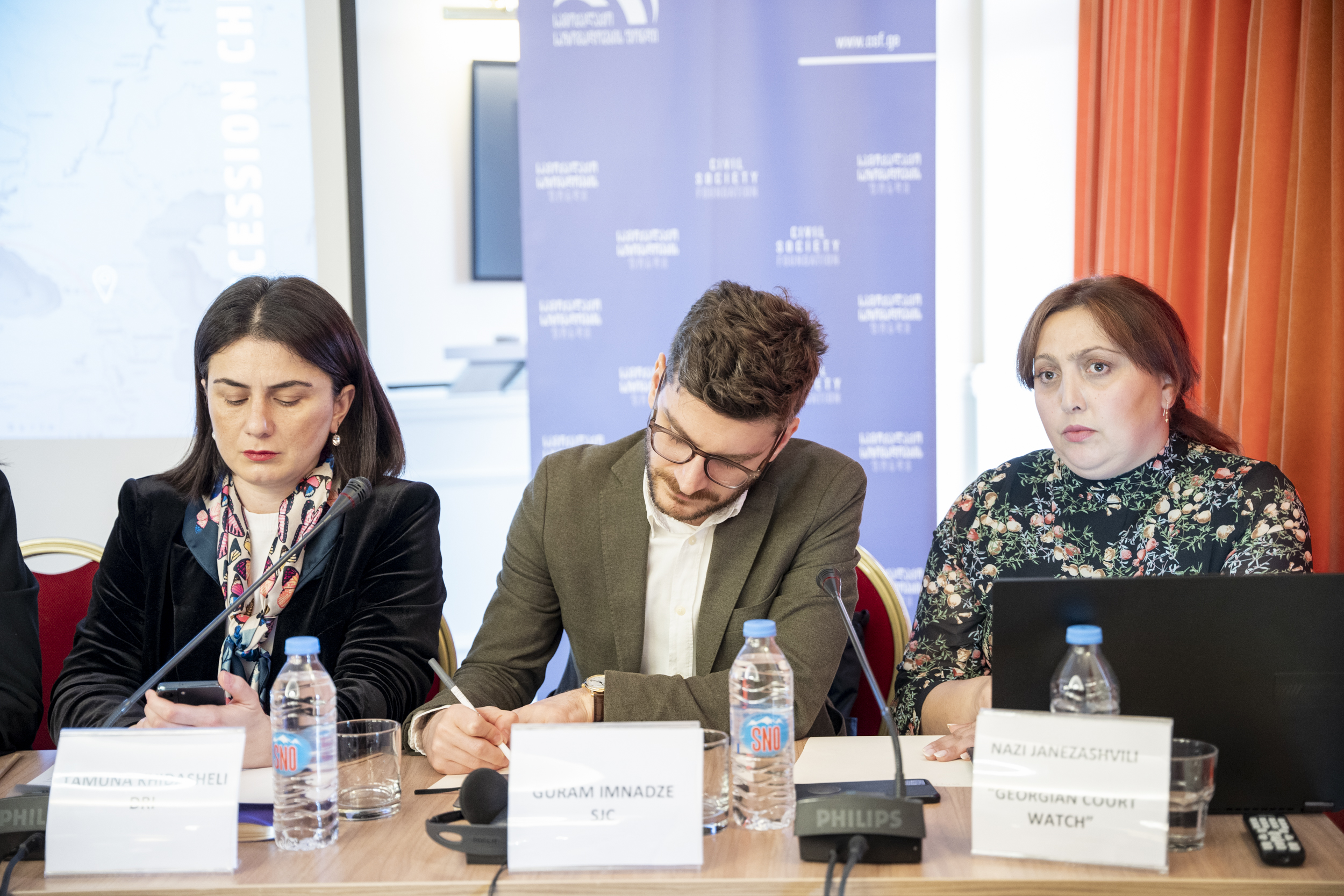
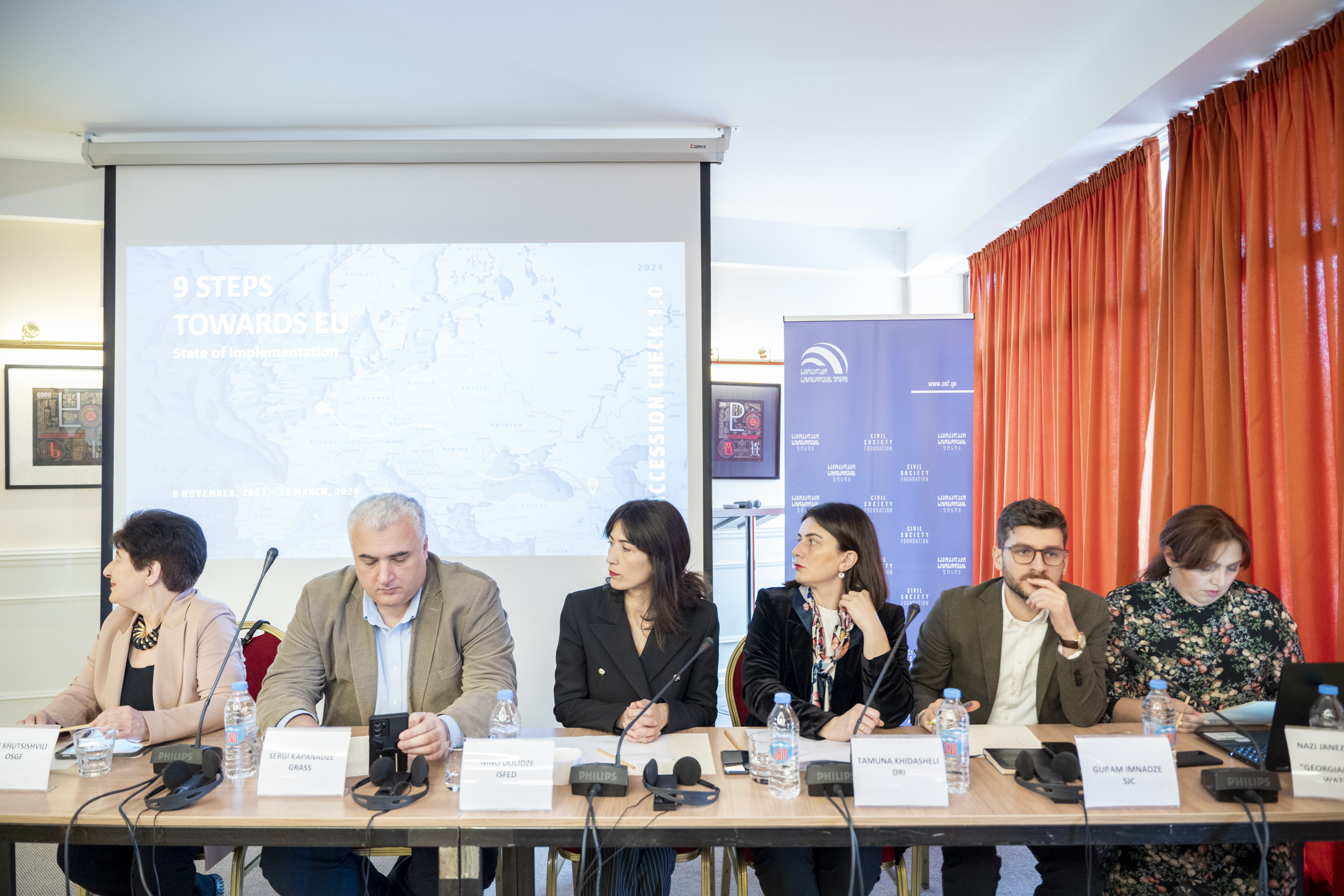
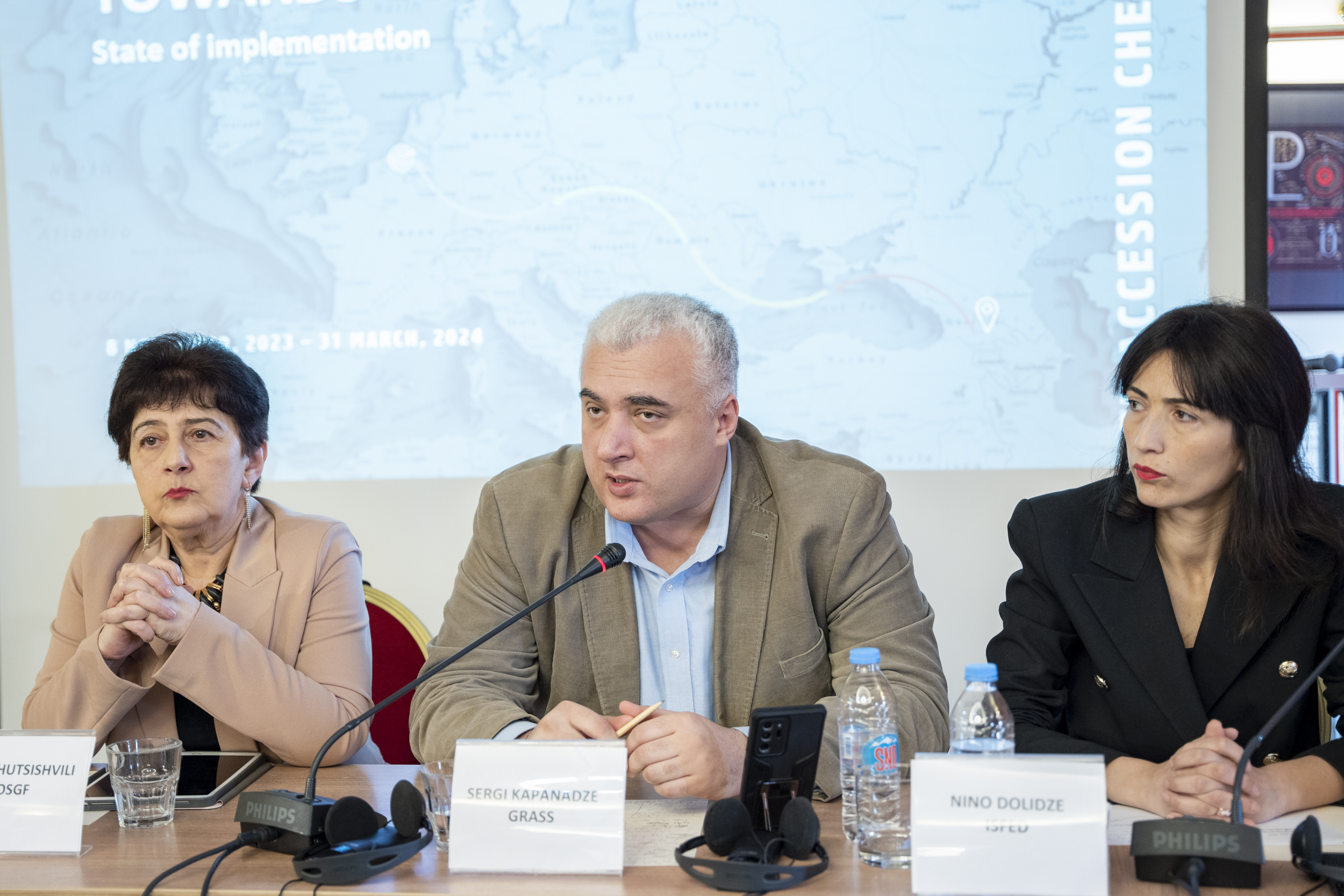
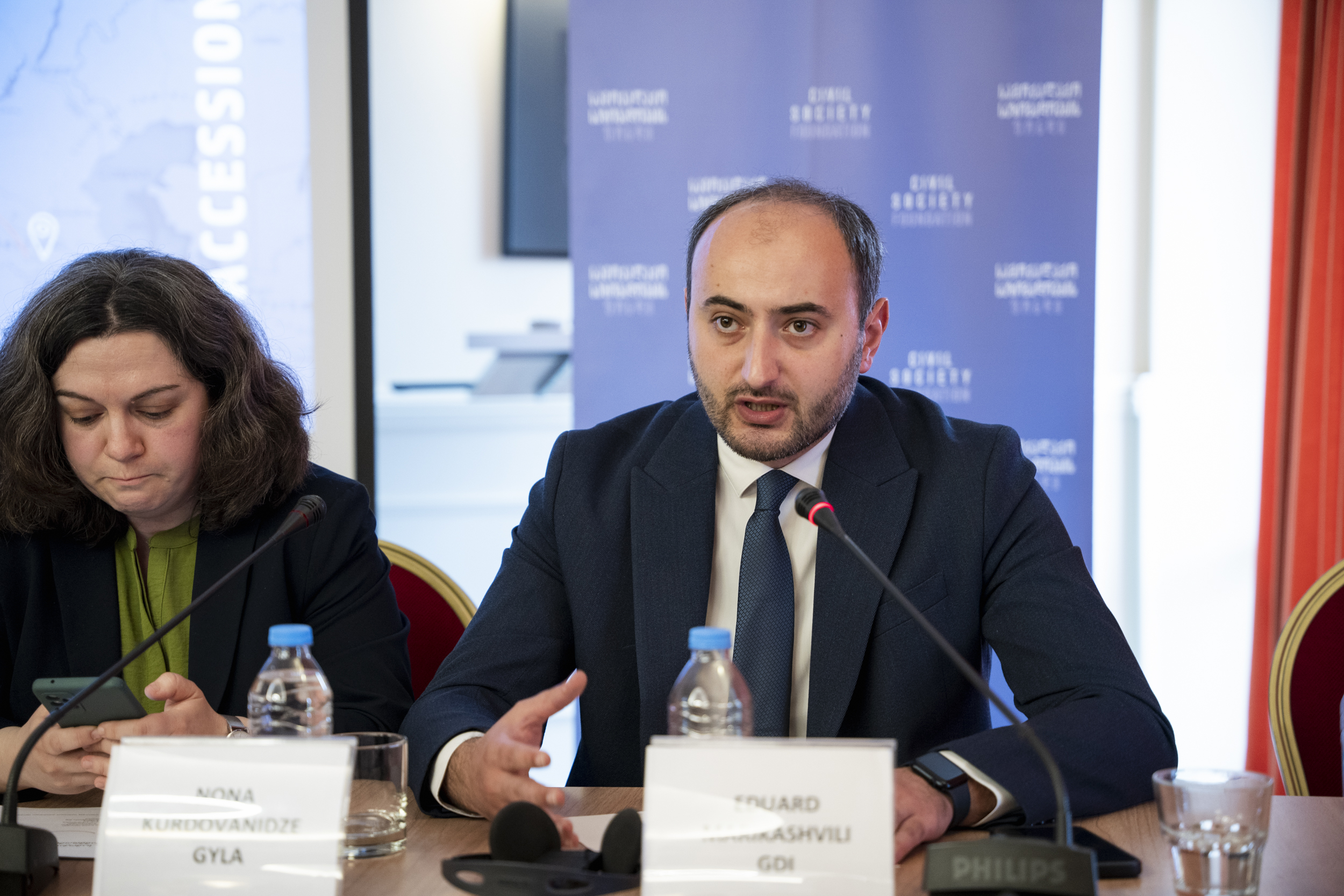
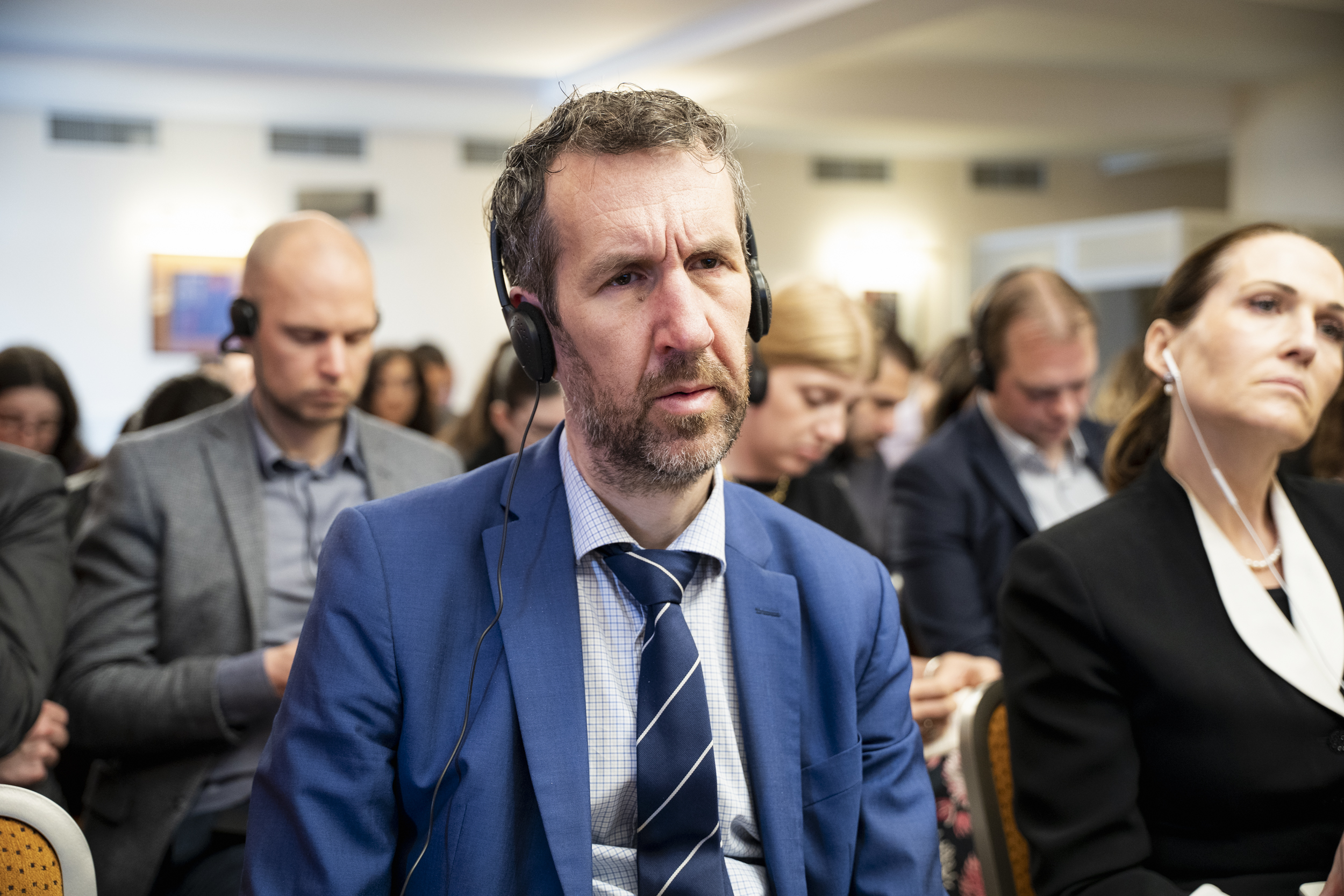
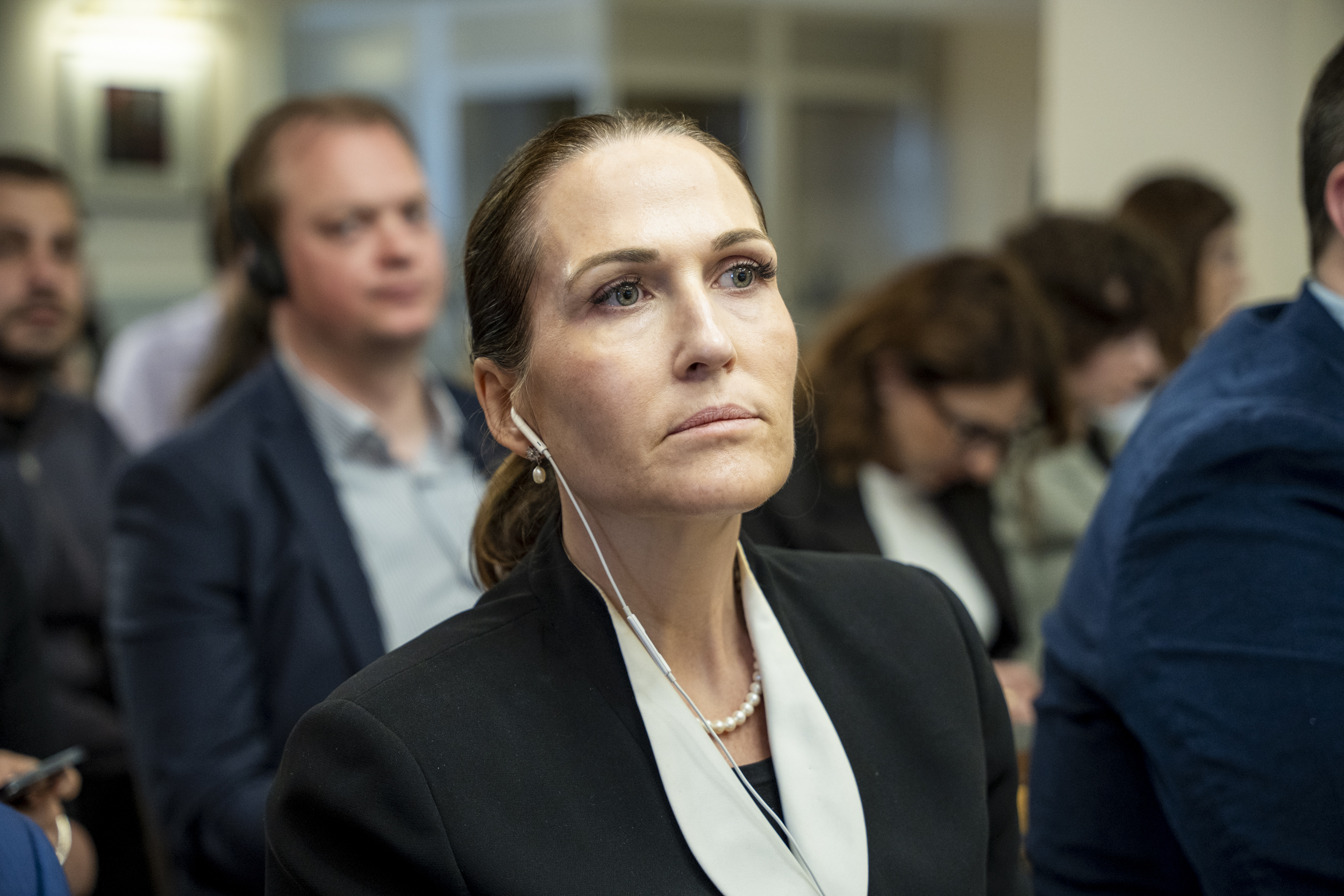
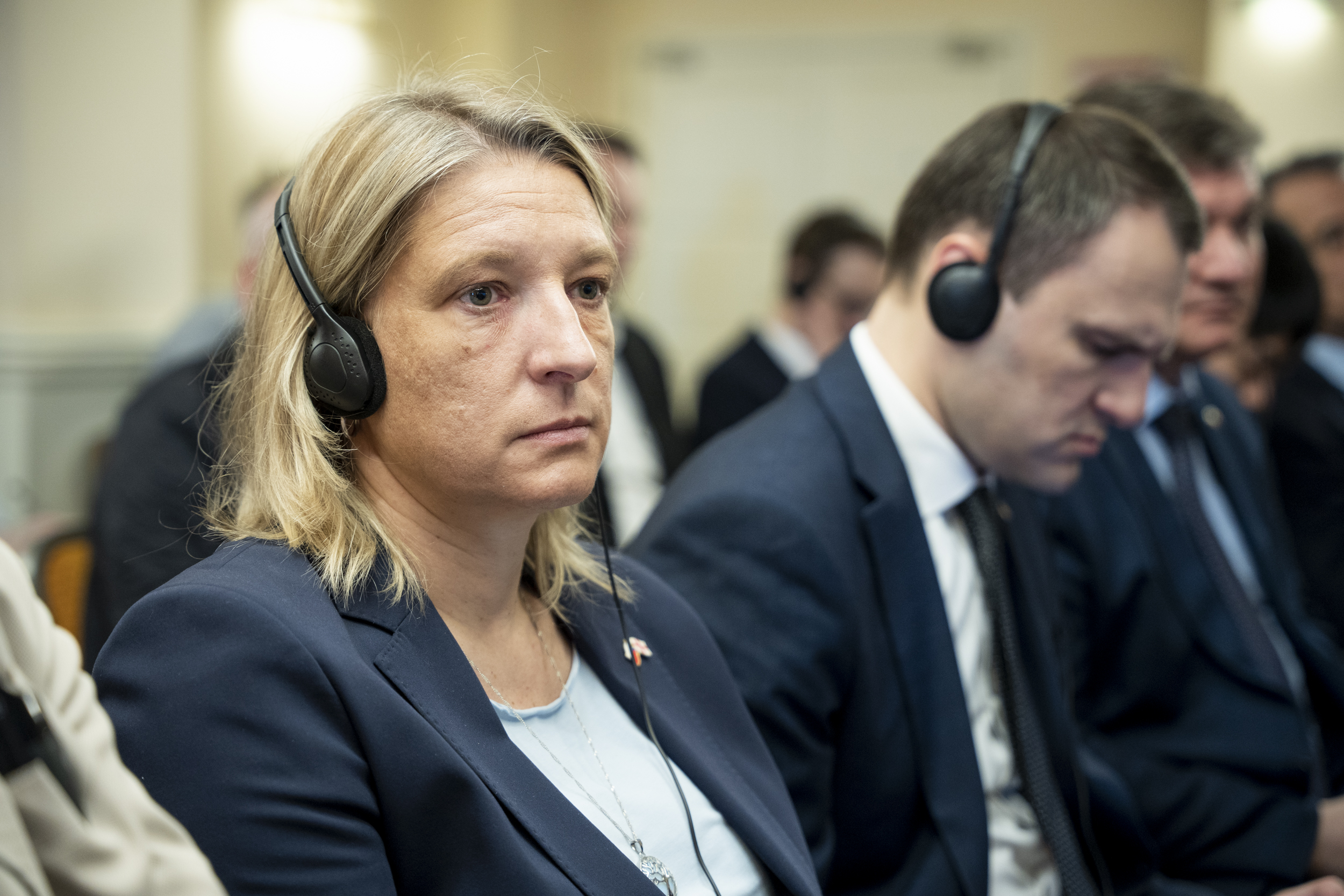

By continuing to use the site, you agree to the use of cookies. For more information, see Privacy Policy.